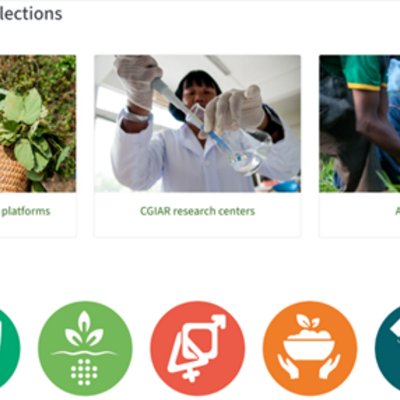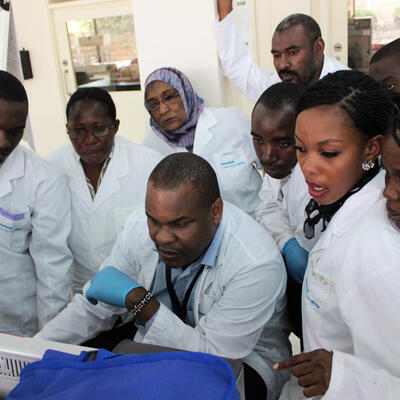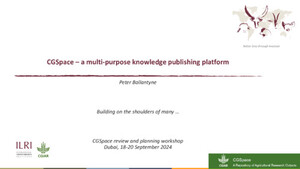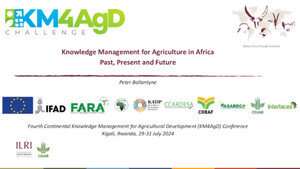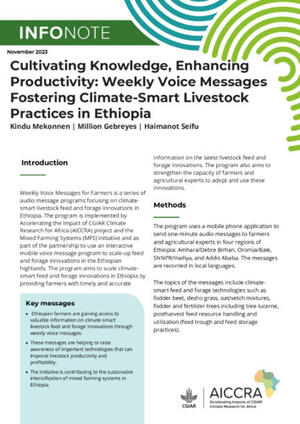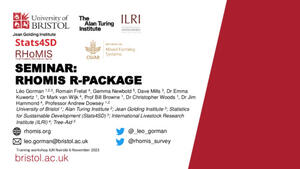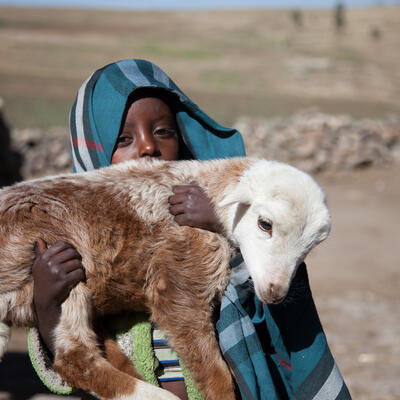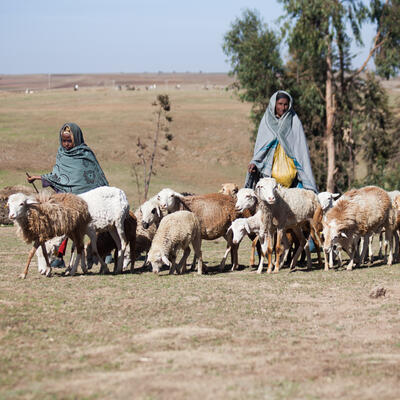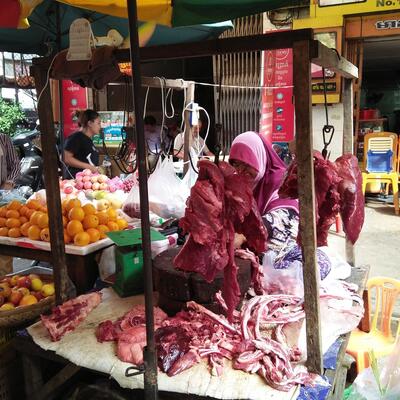
Knowledge management and climate change: The KM4D Journal reborn open access

Eight years ago the first issue of the Knowledge Management for Development Journal (KM4D Journal) was published. It emerged from November 2004 discussions in a small attic room at IICD in The Hague; the initial discussants were motivated by, among other things, the desire to create and publish an open journal to report and recognize the growing body of knowledge around knowledge management (KM) in development. Six months later “like a duck to water” the journal was born – part of a global KM4Dev community of practice.
The first 3 volumes were self-published using the open journals system (OJS), now used to power some 15,000 journals.
It came at a time then open knowledge and open access were gaining ground as alternative accessible ways to share knowledge globally. It matched our philosophical approaches and our use of the open source Dgroups platform (www.dgroups.org); many of us were also experimenting with and promoting open standards to exchange development data and information. It was the era of AIDA, AJOL, APC, Bellanet, the Development Gateway (as it then was), ELDIS, Euforic, the Global Knowledge Partnership, IICD, ITrainOnline, OneWorld, open knowledge network, telecentre.org, WSIS and many more working to harness digital opportunities for development.
In 2009, with funding from the IKM Emergent project, our journal moved to a commercial ‘paid access’ platform (see http://www.tandfonline.com/loi/rkmd).
In 2013, the journal returns to its original model – providing open access to all, peer review and the possibility to achieve academic impact factors. The first ‘re-opened’ issue is on ‘knowledge management and climate change.’
This is a very welcome development. In the years since our journal became closed access, the rest of the development world has woken up to openness as a fundamental dimension of development activities.
This interest in open access is reflected in recent open access requirements for development research (DFID), scientific research (EU) as well as the longer-established requirements in medicine (Wellcome Foundation, National Institutes of Health).
In agriculture, CIARD has moved the international community to more available and accessible research. The International Aid Transparency Initiative uses open information and data standards to make aid more effective, organizations like the World Bank, USAID, FAO and CGIAR are moving to open, while the Open Knowledge Foundation is a “global movement to open up knowledge around the world and see it used and useful.”
More generally, and increasingly important as an agenda-setter for knowledge managers and sharers, notions like open development and open engagement are gaining ground as vehicles to transform the way development itself is designed and delivered – through empowered individuals and collective action. Opening the ways development is done is getting to be more important than just making the products of development open. More and more, our knowledge sharing and management approaches have to help deliver on these intentions.
The International Livestock Research Institute (ILRI) is an example of this: We strive to make our research outputs and processes more open and accessible.
Closer to the knowledge management and climate change focus of this issue of the journal, the move towards ‘open’ is reflected in the ‘climate change and social learning’ initiative of the CGIAR Research Program on Climate Change, Agriculture and Food Security. This recognizes that research to support climate change adaptation and mitigation needs to adopt more innovative participatory social models of engagement and communication that connect researchers and communities in more open interaction and co-learning.
Open, transparent, participatory, accessible, engaging! These terms and behaviours are becoming part of the default aspirations of more and more development organizations. They are also getting into mainstream organizational cultures, with a renewed emphasis on open tools and processes for learning, reflection, communication and knowledge sharing and management.
Getting this ‘journal’ component of our KM4Dev community’s knowledge open again is thus a welcome chance to re-connect our core enabling competencies with some core drivers of the development sector.
I commend the editorial team for this decision, and urge community member to support it by publishing open in the KM4D Journal!
Note: Together with Sarah Cummings, Julie Ferguson, Lucie Lamoureux, Chris Addison, Hugo Besemer, Allison Hewlitt and Katherine Morrow, I was one of the founding group who met in the IICD attic.







